Red Shield
Global Domination
Senegambia didn't work out the first time
Gambia is basically just a sliver surrounded by Senegal

Senegambia didn't work out the first time

They tried it in the 60s I thinkGambia is basically just a sliver surrounded by Senegal


Nigeria's separatist group plans Trump celebration rally

19/01 - 09:47
BIAFRA DEMANDS
A separatist group in Nigeria, which wants to secede from the west African nation, has said it will hold a rally on Friday to mark the inauguration of US President-elect Donald Trump.
The Indigenous People of Biafra (IPOB) said it was inviting people to a pro-Trump rally in the southern oil hub of Port Harcourt.
“This IPOB peaceful rally on 20th January 2017 will be for Biafrans, friends of Biafra and lovers of freedom all over the world to understand how resolute and committed we are towards the emancipation, realisation and proclamation of our God given right to live as free men and women in our ancestral land of Biafra,” the group said in a statement.
The Biafra region unsuccessfully fought for independence in a brutal three-year civil war that ended in 1970.
The separatist group has renamed its push for secession “Biafrexit”, after the UK’s Brexit vote to leave the European Union, BBC reported.
Prince Emmanuel Kanu, the brother of IPOB leader Nnamdi Kanu, who has been held by the Nigerian government since October 2015 on treason charges, said Trump had won their favour as he “supports the right to self-determination”.
Separatist sentiments have grown in the months since Kanu’s arrest and sparked clashes with security forces that have since been condemned by human rights groups.
Nigeria's separatist group plans Trump celebration rally
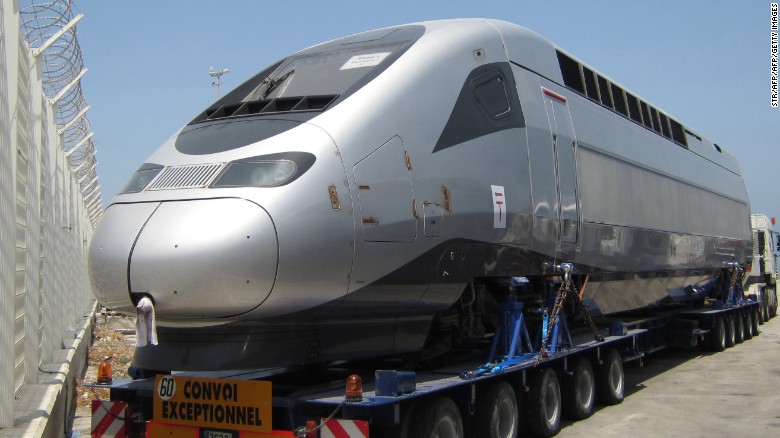
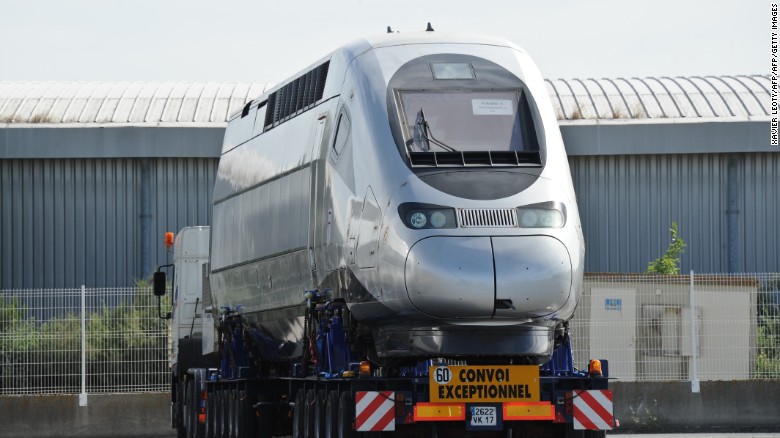
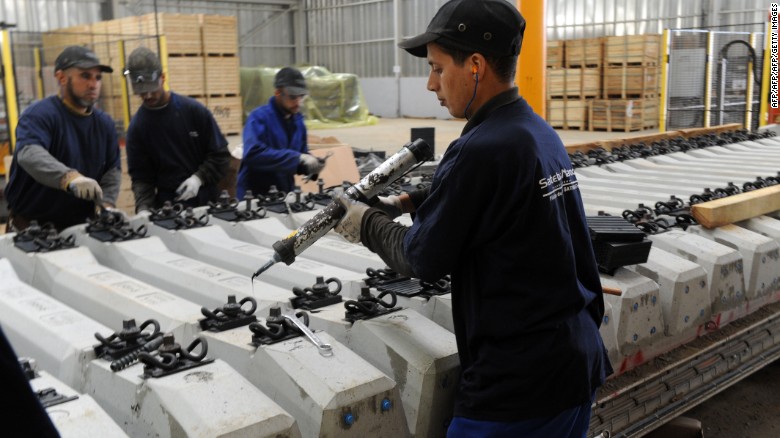
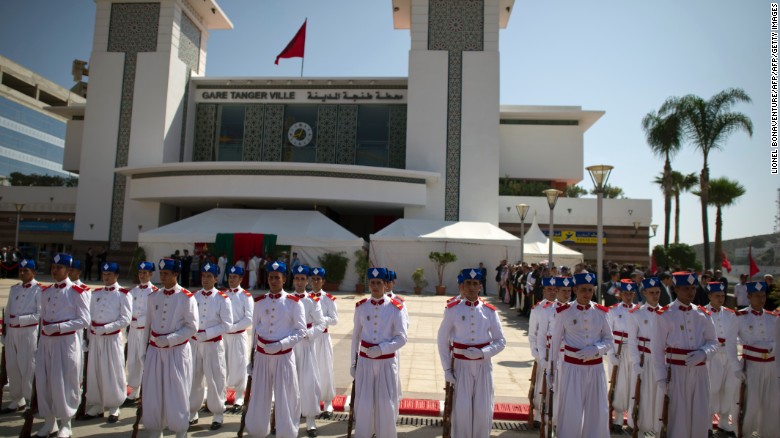
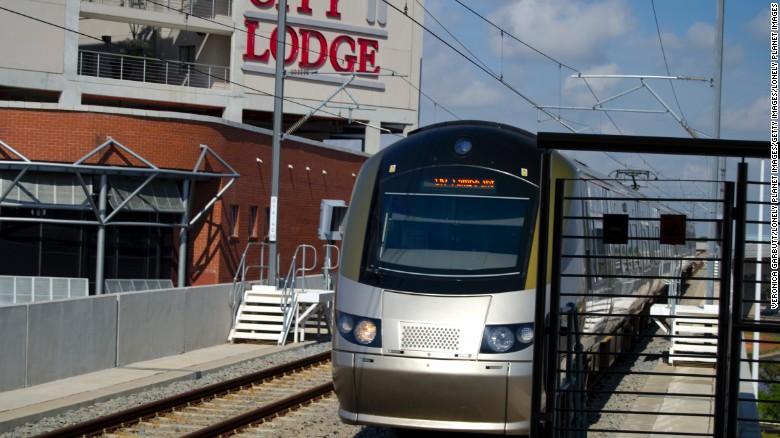


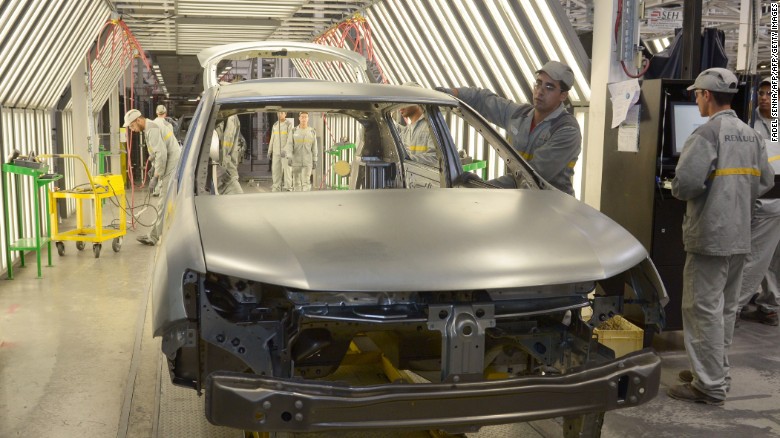
Is that a good thing?
I don't trust nikkas in cowboy hats
Not looking good for South Sudan.
 . Internal and external factors at play.
. Internal and external factors at play.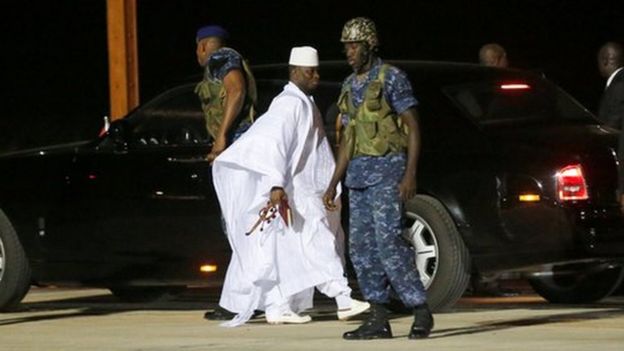
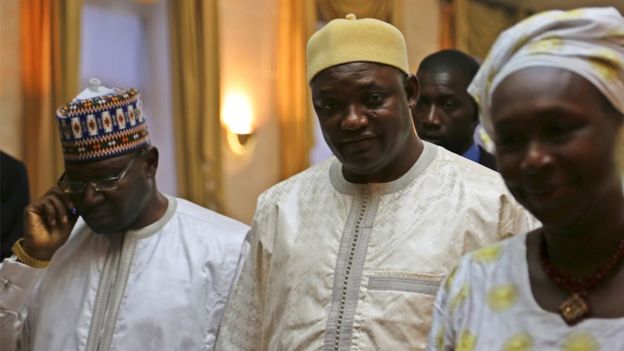
Generals shouldn't be politiciansCotdamn. I hate this shiit. Cycle of unending violence and chaos. Internal and external factors at play.
The Gambia 'missing millions' after Jammeh flies into exile
Share
- 1 hour ago
- From the sectionAfrica
Media captionHundreds of people celebrated in Banjul as West African troops entered the presidential compound
More than $11m (£8.8m) is missing from The Gambia's state coffers following the departure of long-time leader Yahya Jammeh, an adviser to President Adama Barrow has said.
Mai Ahmad Fatty said financial experts were trying to evaluate the exact loss.
Luxury cars and other items were seen being loaded on to a Chadian cargo plane on the night Mr Jammeh left the country.
Mr Jammeh flew into exile on Saturday, ending his 22 years in power.
He had refused to accept election results but finally left after mediation by regional leaders and the threat of military intervention.
Image copyrightREUTERS
Image captionMr Jammeh flew out of The Gambia on Saturday after long talks with regional leaders
President Barrow remains in neighbouring Senegal and it is not clear when he will return.
However, West African troops have entered the Gambian capital, Banjul, on Sunday to prepare for his arrival.
Cheering crowds gathered outside the State House to watch soldiers secure the building.
Read more:
The Senegalese general leading the joint force from five African nations said they were controlling "strategic points to ensure the safety of the population and facilitate... Mr Barrow's assumption of his role".
- Adama Barrow: From estate agent to Gambian president
- Jammeh: The man in charge for 22 years
- Why is it The Gambia, not Gambia?
Mr Fatty told reporters in the Senegalese capital Dakar that The Gambia was in financial distress.
"The coffers are virtually empty," he said. "It has been confirmed by technicians in the ministry of finance and the Central Bank of the Gambia."
Image copyrightREUTERS
Image captionAdama Barrow, centre, says he intends to investigate allegations of human rights abuses during Mr Jammeh's time in office
He said Mr Jammeh had made off with more than $11m in the past two weeks alone. The BBC is unable to independently verify the claims.
Mr Fatty said officials at The Gambia's main airport had been told not to let any of Mr Jammeh's belongings leave the country.
Reports said some of the former leader's goods were in Guinea where Mr Jammeh had stopped on his journey into exile.
Mr Jammeh is reported to now be in Equatorial Guinea, although authorities there have not confirmed it.
The former leader had initially accepted Mr Barrow's election win on 1 December, but later alleged "irregularities" and called for a fresh vote.
The move was internationally condemned and the UN-backed Economic Community of West African States (Ecowas) issued an ultimatum for him to quit or be removed by force.

